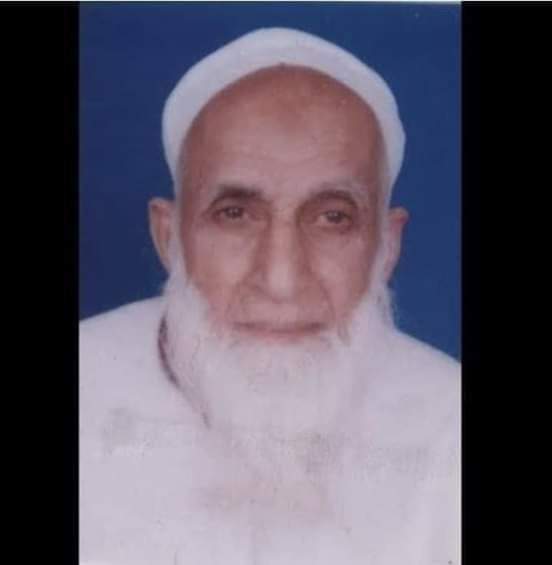Maulana Nazur Rahman is the 4th Amir of the Pakistani Tablighi Jamaat. He succeeded Hajji Abdul-Wahhab who passed away in November 2018, age 96.
Birth: 1 October 1929 (Age: 96)
Source of Influence: Administration of Religious Affairs, Preachers & Spiritual Guides
Influence: Preacher, Administration of Religious Affairs
School of Thought: Sunni
Status: Featured in current year
Maulana Nazur Rahman is the 4th Amir of the Pakistani Tablighi Jamaat. He succeeded Hajji Abdul-Wahhab who passed away in November 2018, age 96.
Leader: Maulana Nazur Rahman previously served as Deputy Amir, and was one of three individuals named by his predecessor as a potential successor. He now heads the Pakistani chapter of the Tablighi Jamaat, a global Islamic organization dedicated to reminding Muslims of their religious obligations.
Dawah: The Tablighi Jamaat is active in over 150 countries and is known for organizing small groups of followers who travel to Muslim communities, encouraging them to uphold their religious duties. This practice of dawah, or inviting others to fulfill their religious responsibilities, is regarded as a cornerstone of the faith, helping the Tablighi Jamaat build a massive membership base numbering in the hundreds of millions. The organization has deep connections to the prominent Islamic institution, Darul Uloom Deoband in India, where its founder, Maulana Muhammad Ilyas Kandhelvi, studied before establishing a following in Pakistan.
Mass Appeal: The Tablighi Jamaat enjoys mass appeal among Pakistanis, diaspora South Asians, and beyond, drawing in a range of followers, including notable Muslim leaders, politicians, actors, and sports stars. Its broad acceptance is partly due to its apolitical stance and its identity as a spiritual revivalist movement that condemns violence and distances itself from any militant groups. Annual gatherings in Raiwind, Pakistan, draw close to 2 million participants, while those in Biswa, Bangladesh, attract over 3 million, reflecting the organization’s significant reach and enduring influence.



